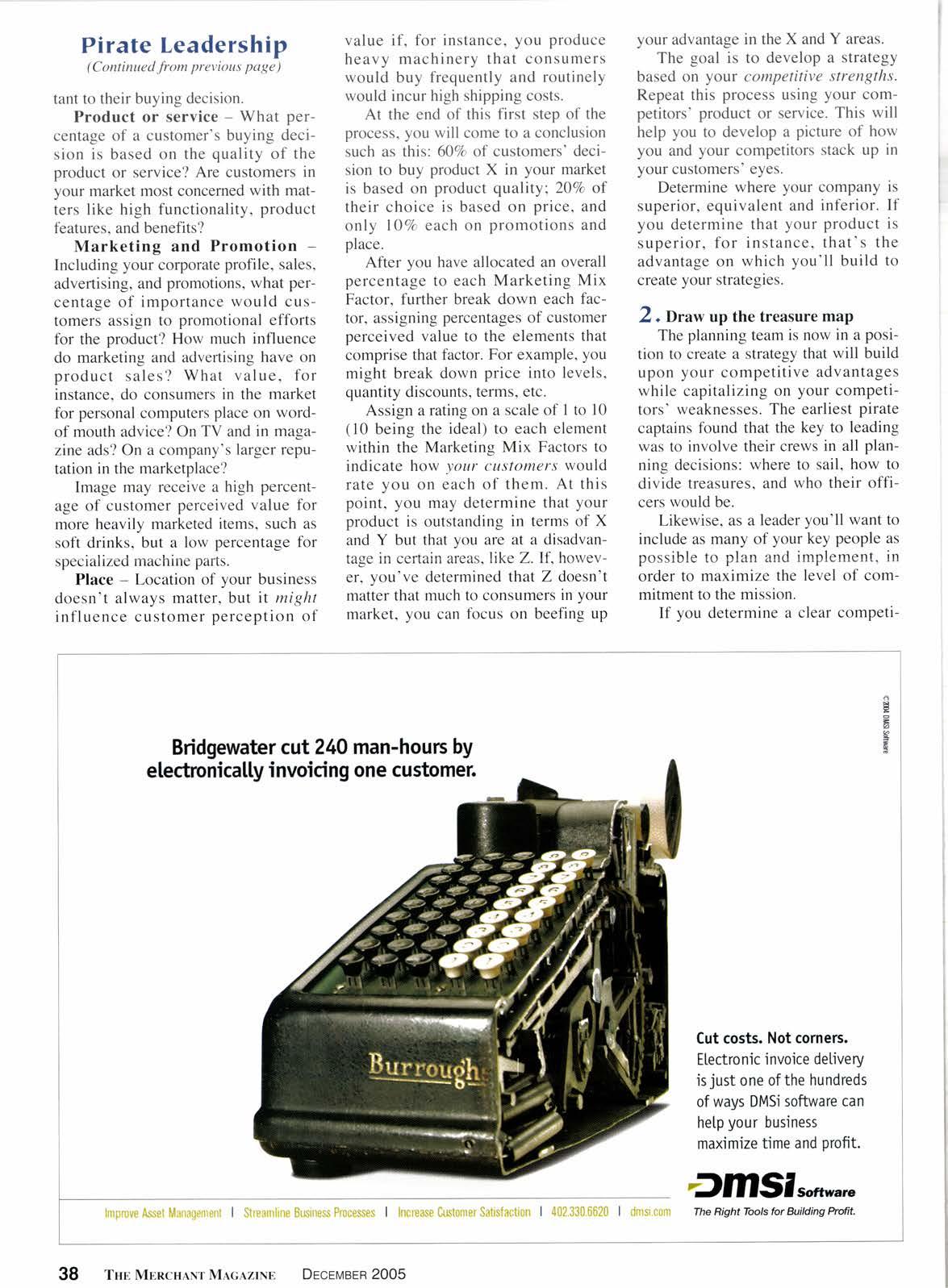
3 minute read
ffi kffitffi
ln our damp Northwest
* att tr III II-IT IIIIIITERI{ATIONAL ''lry ZelandS Qualfty 8.snd' ttt'llllTllTTrrl Kleor Choice "Nil Z@hndb Quality Brcnd"
KLear Choice lumber products are manufactured in New Zealand and carefully kiln dried before being vacuu m pressu re im preg nated with TimTech AZUSTM, an environmentally friendly, highly effective wood preservative and water repellent
For Sofes & Service Confocl Lvmber Prodacls loll F ree: 800-925-7 | 03 Fox 503-691-5155
ALAN OAKES publisher ajoakes@aol.com
lf I were a rich man!
The end of the year is often a time when we take stock of how we have done in the year. We look at our finances and our W2's, and compare versus the year before. Most of us lament on what it might have been.
Some say that money cannot buy you happiness. If you define rich in terms of money, I suspect there are very few unhappy rich people. However, rich actually is what each of us defines it to be. To some it may be $1 million, to another $10 million, and to another $100 million. To others it may be to be debt free, to others to be healthy and alive to see their grandchildren.
But. the theory goes, earning more money only increases our absolute wealth not ourrelative wealth. Meaning that if we earn more money, and everyone else around us does the same then we will not be happier than we were before. So we quickly get used to the new money and then want morel That is why so many people end up on the financial treadmill of life.
Those same people would argue that at a certain earnings point, satisfaction levels off. Their answer would be to increase taxes, discourage hard work, and give us all more time to do things that we would actually enjoy and would increase our happiness, such as spending more time with family and friends, and spending time doing all the things we dream about. In theory that would be great. But to me it is not the answer.
In a recent poll,65Vo of people in the U.S. stated that they thought their lives would be better in the next five years. In contrast, only 447o in Europe have the same opinion. Similarly, 587o of Americans are satisfied with their lives vs. 3l%o of Europeans. Apparently, lack of hope and opportunity strongly correlates with unhappiness.
For most of us, I believe the opportunity to personally grow, to have economic growth, and to do better for our families are what make it possible for us to be hopeful for a better future and give us the reason to be happy. Sometimes it may mean more money, sometimes not.
I am sensitive to the fact that despite wanting to thrive at what we do and get rewarded, many of us work or are expected to work too long hours. It is a difficult balance to both give I l07o at our jobs and still find time for family and hobbies. In the corporate rat race of doing more with less, and the current universal thinking that reducing wages and benefits can be seen to improve profit margins, earnings and stock prices, corporations and investors must be more conscious of the pressures that we place on our employees. Companies need to put into the equation that if they want business results long term then loss of hope leads to unhappiness, ending up with worse results not better.
While many companies have in their strategic plan that they will show respect to their employees and pay them fairly, for many those are just words and they do not live up to it. Well-managed companies get the best out of their employees and treat them fairly. At the end of the day, most of us have to work, and indeed most of us spend more time working than being at home. So in the end what gives us hope (and hence happiness) is working for a company that treats us with respect. gives us an opportunity to grow, pays us fairly, and gives a place that we wake up and want to go each and every day. And that's what makes me a rich man. I hope all of you are as lucky.
I wish a happy holiday season to all our readers and industry friends, and I thank in particular our advertising partners for their support of our publications that allow us to publish each and every month. We cannot do it without you. Let's do it again in 2006.











